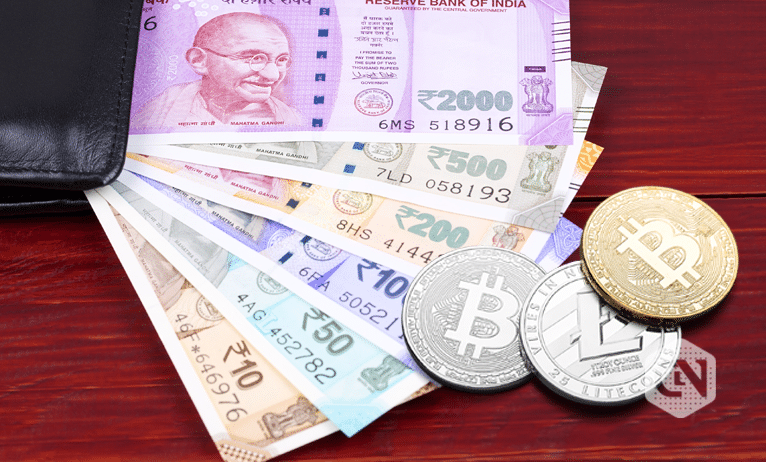Legal implications on Banks by the Reserve Bank of India (RBI) have caused trouble for the Pune city police department wanting to cash out seized cryptocurrencies worth of 8.42 crore INR. That amount of Indian currency was acquired by selling 244.0925 Bitcoins.
The cryptocurrency was seized from Akash Kantilal Sancheti, who was one of the main accused in the notorious 2000 crore digital currency fraud called the Gainbitcon Ponzi scheme.
The Pune police had hired then the Discidium Internet Labs Private Ltd to intervene in the process of selling the cryptocurrency. Discidium operated via Indian crypto exchange Koinex to sell the seized Bitcoins in the scam. The amount in INR was then deposited at RBI in the account of the Discidium Company, but RBI froze the amount as per its crypto-policies.
The police appeal to seize this amount has been pending before the court. RBI, however, has cleared its stance that it neither has directed RBI to freeze the account nor it has frozen the Discidium account.
Discidium has filed a plea to the Supreme Court of India to ask RBI to release an order to unfreeze its account.
What is the GainBitcoin Ponzi scheme?
Advertisement
Ponzi scheme was an investment fraud in which 8000 investors across the country were cheated in multilevel marketing and cryptocurrency scheme. The main accused Amit Bhardwaj and Vivek Bhardwaj have already been released on bail in March 2019.
Akash Sancheti has been released on conditional bail on October 3, 2019. His company Cloud Miners, which collected multi-crore from the investors, was closely connected with the Gain Bitcoin Company.
RBI Instructions about cryptocurrency ban
As per the order released on April 6, 2017, RBI had banned all the cryptocurrency-related functions. It had restricted the banks and payment service providers to discontinue all relevant transactions, including trading, opening accounts at crypto exchanges, disbursing loans against digital tokens, money transfer transactions for cryptos, etc.
Subsequently, all the crypto activities had been shut down, including the shutdown of the Koinex exchange in the following months. The exchange closed its operations, declaring that RBI has frozen the user bank accounts.
Many account holders at Koinex have had challenged the decision of RBI in the Supreme Court, which is under hearing. Regarding this case, a hearing was expected in the last week.
Government’s crypto policy bill
Advertisement
Under the clouds of financial crisis India, the Indian government is reconsidering the decision to ban cryptocurrency. The case regarding crypto policies has been postponed until January next year. The government has submitted a crypto bill in Supreme Court and has elaborated that it will introduce the bill in the next parliamentary session.







